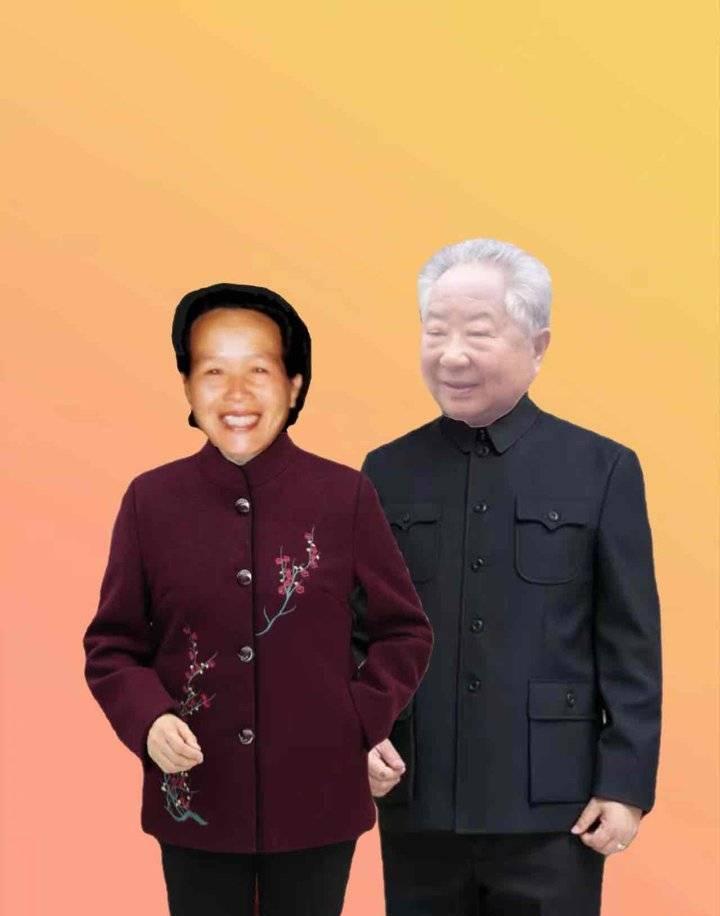The author | Jiang Hua

My family's history (6) moved to Pingyin
In the winter of 1959, our family moved to Pingyin County. I vividly remember moving on two large tractors, my grandparents and I sitting in one cockpit and my mother sitting in the other with my sisters. Some furniture and luggage were packed in the back.
At that time, Pingyin had two urban areas, the old city and the new city, two or three miles apart. The new city had nothing but the county office at that time. The old city is also very simple, just a street, and Dongping County is very different. We were placed in a large courtyard on Main Street. There is a stone plaque on the main entrance of the courtyard, on which are engraved the eight characters of "Pingyin County People's Committee". It seems that this was the former site of the county people's committee. Inside the gate there are three more courtyards. At the entrance gate, the courtyard on the west side of the road is the kindergarten of the county government; the east of the road is a dormitory for cadres; further inside, Luxi is a dormitory, which is the main courtyard in this compound, and my family is arranged in this courtyard.
It's a very elaborate yard. The cobbled path contains many trees, all planted symmetrically, including elms, locusts, junipers, weeping willows, plums and so on. There are nine hall houses in the courtyard, five in the main hall house, two partial hall houses on each side of the main hall house, and five rooms in the east house and five rooms in the west house are single cadres. My family lived in five main hall houses, and two bureau chiefs lived in the side hall houses on both sides. In front of my house was a platform more than a meter wide, with five or six steps under it, and under the steps was a Shoushan stone on the left, and on the right was a black stone covered with holes, which was later known to be a meteorite. Behind my house is the Pingyin County Cinema, open-air, and we can sit in front of the glass window in the house and watch movies.
Looking back now, this courtyard and this house must have belonged to a large family before liberation, and the county people's committee worked here, which was also transitional.
In the past five or eight years, the Great Leap Forward ate a large pot of rice, the grain yield was not harvested, a lot of grain rotted into the ground, the potatoes and sweet potatoes were not shaved, and they desperately shouted slogans, higher than the yield, higher than the yield of one place, and the newspapers publicly reported that the highest yield of wheat per mu reached more than one hundred thousand catties. Whoever reports a low report will be raised with a white flag, and cadres will be punished. In 1959, the problem of food shortages became apparent. Special grain offices were set up at all levels, and when my grandfather came to Pingyin, he was appointed as the director of the grain office. He was responsible for the dispatch of food supplies up and down, including rural relief grain and non-agricultural households, and in an age of hunger everywhere and no food for everyone, it was really a matter of being in danger.
About author:Jiang Hua, a senior editor at the level of full professor, has served as a director of the China Newspaper Supplement Society, the vice president of the China Dishi Bao Supplement Research Association, the vice president of the China Dishi Bao Photography Research Association, the vice president of the East China Dishi Bao Literature Research Association, and the vice president of the Shandong Provincial Supplement Society, and his literary works have won gold and silver awards in the country and Shandong Province and periodicals more than ten times. He has published many literary, historical, and journalistic works.